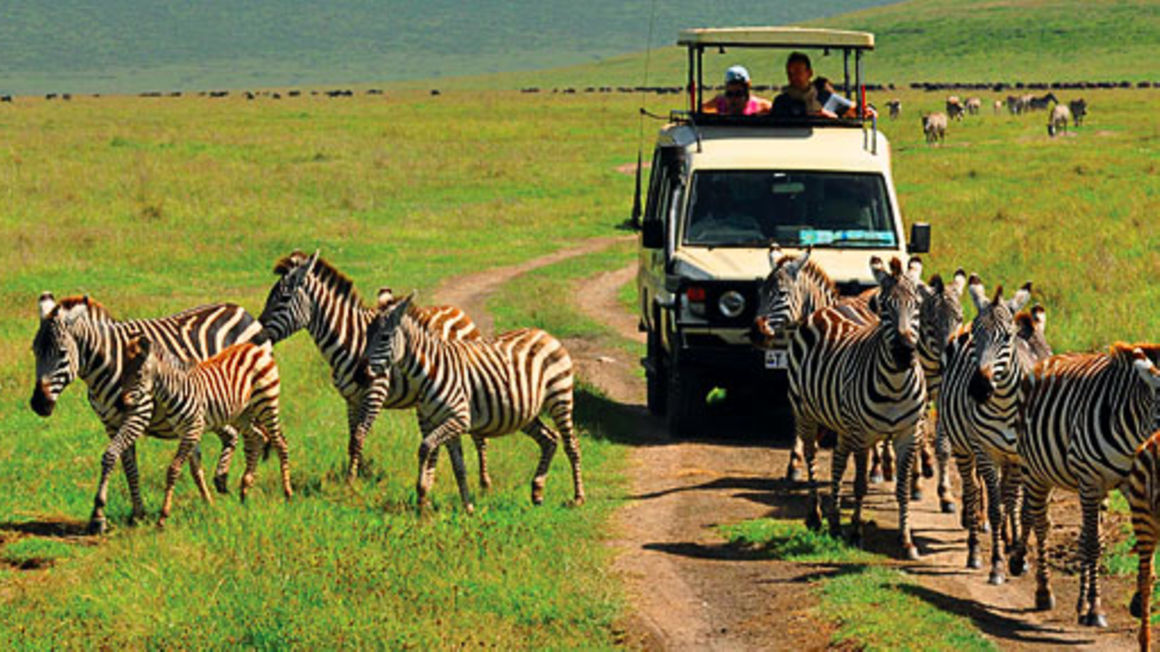
Arusha. Owners of tourist firms and stakeholders of
the tourism sector in Tanzania, including retired conservationists, have
cited five major factors that make tourists visiting the country not to
pay a second visit.
The sector contributes 17.5 percent of gross
domestic product (GDP) and as well contributes 25 percent of forex
earnings to the country, which is currently visited by 1.2 million
tourists. The government targets that by 2025, the country should have
receive at least some five million tourists to grow forex earnings to $6
billion from $2.5 billion per annum.
Talking to The Citizen
recently, the stakeholders pointed out such factors as high costs
incurred by tourists when visiting Tanzania, unsatisfying customer
experience in the hands of hoteliers and other service providers.
According
to them, poor infrastructure, a number of tourist companies that fail
to meet the promises they give to their customers and lack of
professionalism by workers, some of who, in a number of occasions,
defraud tourist. Speaking to The Citizen, retired conservationist
Erastus Lufungulo, who is now the director of Burudika Tourist Company,
said tourists were forced to spend more because there were no direct
flights from the source countries including Europe and the US to
Tanzania.
“Our tourism is costly. This is because vising the country
now is more expensive than vising Kenya or South Africa,” he revealed.
According
to him, a multitude of tourist companies that lack the merits of
operating the business and tour guiding lacks professional workers,
causing problems.
“Some tour guides take money from tourists, but
strangely you can’t find them at airports to receive the tourists. Even
when they show up to receive tourists, who pay them a lot of money, they
do not provide quality services to them,” Mr Lufungulo said.
For his
part, Tanzania Tour Guides Association (TTGA) chairman Emmanuel Mollel
said a multitude of taxes imposed on tourist companies and tour guides
caused tourism costs to be unaffordable to most tourists, who fail to
revisit the country.
“There are too many taxes as each passing day
new taxes are introduced, forcing owners of tourist firms to hike costs
so that they can make a profit,” said Mr Mollel. He questioned why some
airlines were charging $500 more per ticket from Europe to Tanzania
compared to when landing at other airports in neighbouring countries.
Tanzania
Porters Organisation (TPO) secretary Loshiye Mollel said continued
existence of tourist firms with unprofessional workers had been a
problem to tourists.
“So far there are some tourist companies against
which we have opened cases at police stations for using our members to
guide tourists on the mountain and failing to pay them. For such a
conduct, what sort of experience do they give to tourists visiting the
country?” queried Mr Mollel.
Tanzania Association of Tour Operators
(Tato) executive secretary Sirili Akko admitted that the tourism sector
was facing a number of challenges that they have submitted to the
government for action.
“I don’t want to speak too much on this issue.
But I think our members will explain as to why their customers do not
return after visiting the country,” said Mr Akko.
For his part, TLPO
chairman Sammy Mdia said a multitude of over 20 taxes caused tourism to
be costly in the country and that poor condition of infrastructure also
was another tumbling block.
Opening the annual meeting for editors
and senior reporters in the tourism industry, Natural Resources and
Tourism permanent secretary Aloyce Nzuki called upon journalists to
deliberate on why only 20 percent of tourists revisited the country.
Dr
Nzuki also called upon media houses in the country to give the good
image of the country before and after tourists visiting the country.
Besides various proposals they gave in the meeting, journalists advised
that a meeting of stakeholders of the tourism industry should be
convened, under the Editors Forum, so as to freely discuss the
challenges facing the sector.
_______________________________________________________________
Reports by Musa Juma, The Citizen Correspondent in Arusha





No comments :
Post a Comment